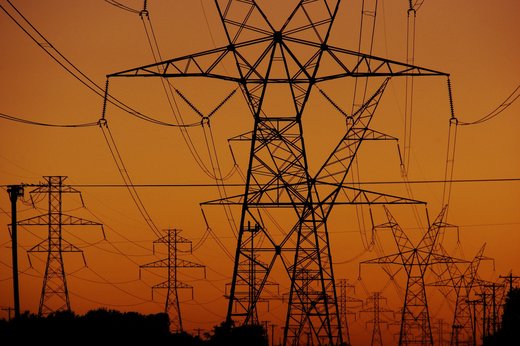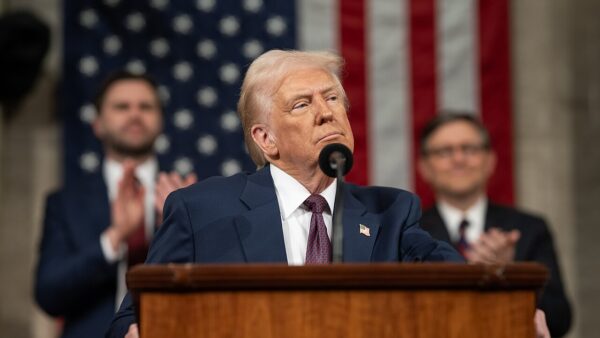16 October 2013
The Democratic Republic of Congo has announced it is open to more investors bidding for a $12bn dam construction project which could become part of the world’s largest source of hydropower.
Once built, Inga 3 will be the first of eight hydroplants, an ambitious venture called Grand Inga expected to eventually produce around 40GW of electricity along the Inga Falls on the Congo River.
Energy minister Bruno Kapandji told a mining and infrastructure conference last week they were “open to other operators” joining the three groups currently bidding for the project.
Inga 3 will generate 4.8GW of electricity, over half of which – 2.5GW – has already been guaranteed to South Africa, reports Bloomberg.

The total combined distance of lines linking Inga 3 to South Africa would stretch around the circumference of the Earth (Credit: Loadmaster/Wikimedia)
More than 3,000 kilometres of high-tension lines will connect Inga 3 to South Africa: the total combined distance of all the lines running from Congo to South Africa would stretch around the circumference of the Earth.
DR Congo is the world’s eighth-largest copper producer and Inga 3 will supply 1.3GW to the mining sector, leaving 1GW left for Congo’s 70 million people, 91% of whom are in need of electricity.
Construction is due to start in October 2015 when 170 square kilometres around the river will be flooded, according to Max Munga, technical adviser to Mr Kapandji.
The groups currently bidding are: Sinohydro Corp. and Three Gorges Corp. in China; Posco and Daewoo Corp. from South Korea in partnership with Canada’s SNC-Lavalin Group; and Actividades de Construccion y Servicios with Eurofinsa Group from Spain.
Two existing plants named Inga 1 and Inga 2 were built over 30 years ago along the Inga Falls, the world’s largest waterfall by volume located in the Democratic Republic of Congo (DRC), but currently they produce less than one gigawatt between them.
Since then, civil war, politics and costs have delayed harnessing the full potential of the Congo but in May the World Bank said it would provide $50m “for project preparation and development”, subject to board approval.










